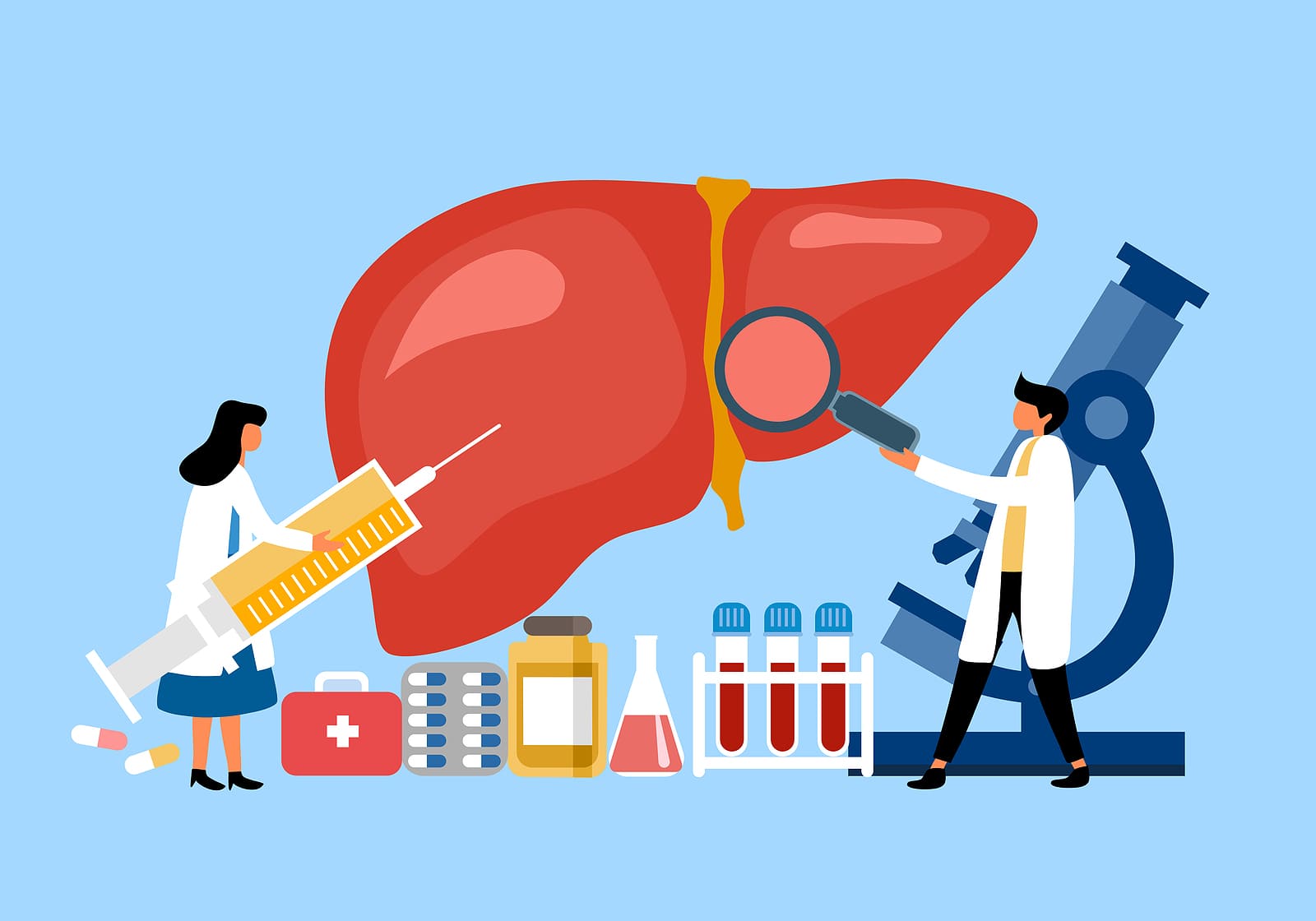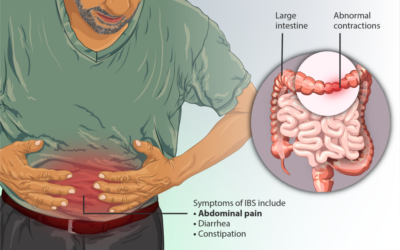The liver’s main job is to detoxify and metabolize whatever comes into your body. This includes all the soda, cake, alcohol and medicine you are putting in your body, causing your liver to work extra to make toxins less harmful and remove them from the bloodstream. What you are consuming is impacting your liver and causing a health crisis that most people don’t even know they have. It’s called nonalcoholic fatty liver disease (NAFLD) and it affects about a quarter of the American population. While having some fat on your liver is normal, too much can become a serious health problem. Obesity, high blood sugar and insulin resistance can all be factors that play a role in NAFLD. This disease has very few symptoms so most people don’t know they have it until after a comprehensive blood panel where their liver enzymes were up causing their hemoglobin A1C to also be up. The foods that our society eats regularly are those that negatively impact our liver the most.
- Sugar and Sweet Beverages
- Lots of sugar is a major contributor to excess fat on the liver
- Sugary drinks contain ingredients like high fructose corn syrup that are more commonly stored as fat on the liver rather than used by the body for energy
- Common “healthy” foods like yogurt and bottled smoothies have tons of added sugar so reading the nutrition label is very important when choosing what to buy at the grocery store
- Refined Carbohydrates
- Refined white flour is devoid of fiber and has added sugar; common foods we eat with refined white flour are cookies, bagels, doughnuts, pastries, white bread, pizza dough, crackers, white rice, pasta
- These foods will raise your blood sugar, leading to insulin resistance which is believed to be the key cause of fat infiltrating the liver
- Processed Foods
- Almost anything you find in the middle of the grocery store is highly processed food. If it comes in a box, bag or can like potato chips, soups and frozen dinners it is a processed food
- These foods typically have refined carbs, added sugar and are loaded with excess salt
- Studies show that high sodium diets can lead to liver damage and fibrosis
- Foods High in Saturated Fats
- Red meats, fried food, whole milk and cheese are all high in saturated fat
- Saturated fat has been linked to nonalcoholic fatty liver disease
- Compared to foods with polyunsaturated fats, saturated fat increased triglyceride droplets in the liver leading to boosted liver fat content
- Alcohol
- Heavy drinking can lead to alcoholic fatty liver disease but even moderate alcohol consumption can cause fat accumulation in the liver
- If you already have NAFLD, it is recommended you stay away from alcohol completely
Good liver health comes from reducing toxins like alcohol, preservatives found in processed foods, sugars, refined carbs and saturated fats in your diet. This lifestyle change will not only prevent the silent disease of NAFLD but it will also be beneficial when it comes to weight loss. If you lose just 10% of your current body weight, you have an increased chance that liver fat will be reduced. This disease can cause irreversible damage to your liver known as cirrhosis, which is severe liver scarring. Cirrhosis increases your risk of liver cancer and liver failure so it is important to stop the damage to your liver before it becomes irreversible. Changing your diet habits is a crucial step when trying to reverse NAFLD. For the best outcome, it’s important to follow a doctor’s recommended treatment plan. Contact us if you have any further questions about this lifestyle change.



0 Comments